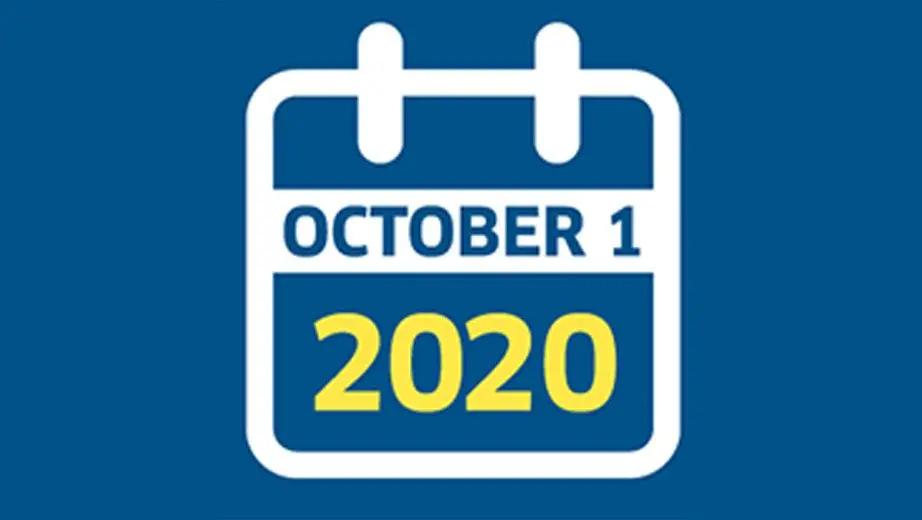The Fiscal Year 2020-2021 Budget for New York State was signed in April 2020. Among other changes, the budget put into effect changes to the Social Services law which will impact eligibility for, and administration of, the Community Medicaid program.
2020 Changes to Community Medicaid in New York State
Among these changes is a new 30 month (2 ½ year) “lookback” for transfer of assets. This lookback will be imposed on applications filed after October 1, 2020. This means that all applicants after that date will be required to submit 2 ½ years of financial documentation showing that they did not make gifts of assets during that time period. If gifts were given, a penalty period will be imposed. The penalty period will be the number of months that Medicaid will not provide coverage. The length of the penalty is based on the dollar amount of assets transferred. For Long Island applicants, a one-month penalty will be assessed for each $13,407 of transferred assets. This means that if an applicant made an uncompensated transfer of $26,000 to a trust, to their child, or to any other entity or individual, that applicant will be assessed a two-month penalty on Long Island. The penalty for New York City applicants will be for every $12,844 that is transferred.
In addition to the new Medicaid lookback period, there will also be changes made to other parts of the program. Moving forward, recipients who are newly assessed after October 1, 2020, to be appropriate for the Managed Long Term Care (MLTC) program, will need to show they need physical assistance with more than two activities of daily living. However, for recipients with a diagnosis of dementia or Alzheimer’s disease, they will only need to show a need for supervisory assistance with more than one activity of daily living. Another significant change relates to the assessment tools that are used to determine how many hours of assistance an applicant will receive at home. The new assessment tool will be laid out in regulations to be created by the Department of Health.
Begin Medicaid Planning Now for the Best Outcomes
In sum, if anyone is interested in seeking assistance from the Medicaid program for a loved one in the near future, doing so now rather than after the October 1st deadline is optimal. Each circumstance is different and individualized counseling and Medicaid planning is necessary to ensure the best outcome in every situation.





